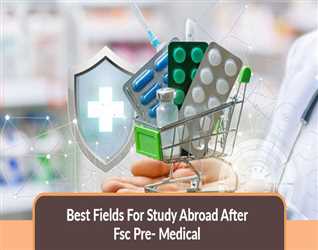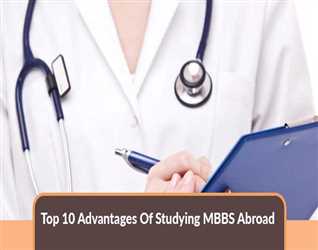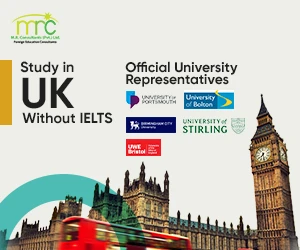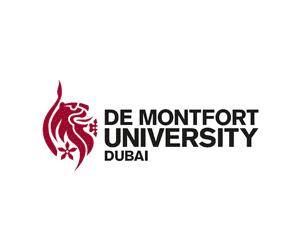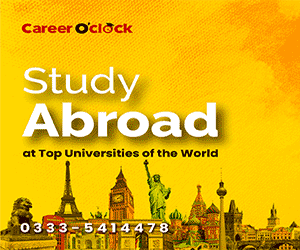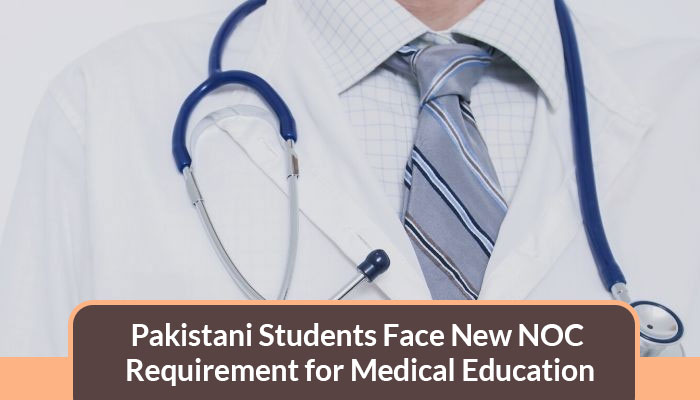
Pakistani Students Now Required to Obtain NOC for Medical and Dental Studies Abroad
In a pivotal move, Pakistani students aspiring to pursue MBBS and dental studies abroad will now need to secure a No-Objection Certificate (NOC) from the Pakistan Medical and Dental Council (PMDC). This change, reported by a private media outlet on Tuesday, is set to take effect from the 2024 academic session.
PMDC’s New Regulations and Additional Checks
The Ministry of National Health Services, Regulations and Coordination (NHSR&C) confirmed the new regulation. According to an official, the PMDC is considering additional measures to ensure that Pakistani students only enroll in recognized educational institutions abroad. The new requirement will prevent students from traveling overseas for medical education without meeting the NOC criteria.
Scope of the Change: Aimed at Ensuring Quality Education
The decision comes as a response to an increasing number of students enrolling in institutions that lack recognition from the host countries. The government’s goal is to protect students from attending substandard institutions, many of which fail to offer proper clinical exposure.
Facts and Figures: Pakistani Students Pursuing Medical Education Abroad
- Annual Enrollment: Around 3,000 Pakistani students go abroad for medical education each year, with 30% of them being women.
-
Top Destinations:
- China
- Central Asian countries (Kyrgyzstan, Uzbekistan, Tajikistan, Afghanistan)
- Russia, Ukraine, Azerbaijan, Belarus
- Malaysia, Turkey, Iran, Eastern Europe (Romania)
| Country | Number of Pakistani Students (Annual) |
|---|---|
| China | High |
| Kyrgyzstan | Moderate |
| Uzbekistan | Moderate |
| Tajikistan | Low |
| Afghanistan | Low |
| Russia | Moderate |
| Ukraine | Low |
| Azerbaijan | Low |
| Belarus | Low |
| Malaysia | Low |
| Turkey | Low |
| Iran | Low |
| Romania | Low |
Growing Financial Burden on Families
An estimated 15,000 to 18,000 Pakistani students are currently studying medical and dental fields abroad. These students collectively spend about $300 million annually on education, with each family typically paying around $5,000 to $6,000 per year for tuition and related expenses.
Concerns Over the Quality of Education
The NHSR&C official highlighted that many of these foreign institutions lack adequate clinical exposure, which is essential for comprehensive medical training. Upon returning to Pakistan, students are required to complete their house jobs domestically, as foreign qualifications are not directly recognized for practice.
High Failure Rate in National Licensing Exams
Another major challenge for these students is the National Licensing Examination. Many students who graduate from foreign medical and dental schools fail to pass the exam upon returning to Pakistan. This barrier is compounded by language differences, especially in countries like China, Russia, and Central Asian Republics, where the medium of instruction is often the host country's native language.
Sufficient Medical Graduates from Pakistani Institutions
In response to the rising trend of students going abroad, it was revealed that there are approximately 21,000 students enrolled in 185 public and private medical and dental colleges across Pakistan for the 2023-24 academic year. Pakistani medical institutions are currently producing more doctors and dentists than required by the local healthcare system, making overseas education unnecessary.
A Shift Towards Domestic Education
The official emphasized that with the current output of medical and dental professionals within Pakistan, there is no longer a pressing need for students to seek education abroad. The PMDC’s move aims to encourage students to pursue local education and ensure the quality of training for future healthcare providers.



.gif)


 639
639
 0
0
